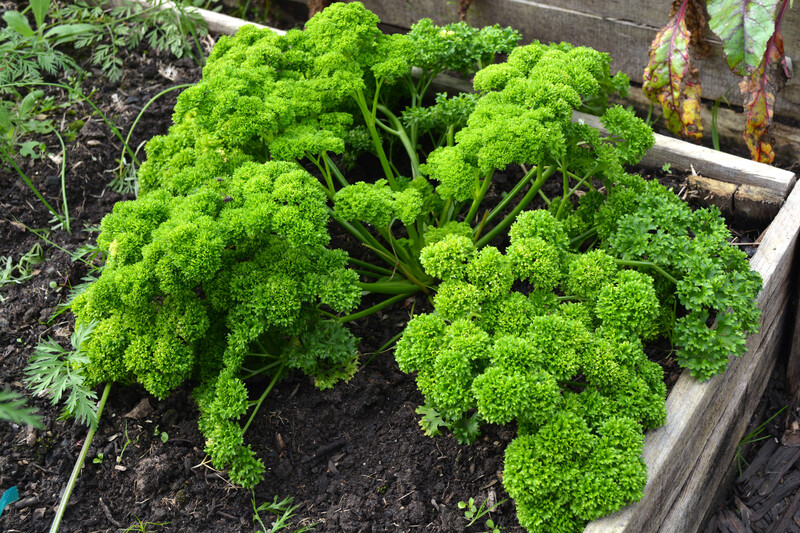Top-Rated Fencing Options for Coastal Homes
Posted on 18/09/2024

Living on the coast can be a dream come true for many homeowners. The breathtaking views, the soothing sound of crashing waves, and the salty sea breeze are just some of the perks of living by the ocean. However, with these perks also come certain challenges, one of which is finding suitable fencing options for coastal homes.
Coastal homes are exposed to harsh weather conditions such as strong winds, saltwater spray, and corrosive air. Therefore, it is essential to choose fencing materials that can withstand these elements while still providing security and privacy. In this article, we will discuss the top-rated fencing options for coastal homes, their pros and cons, and provide helpful tips for choosing the right fence for your coastal property.
1. Vinyl Fencing
Vinyl fencing has become a popular option for coastal homes due to its durability and low maintenance. Made from PVC (polyvinyl chloride), vinyl fences are resistant to rotting, warping, and discoloration caused by moisture and saltwater exposure. They require minimal upkeep, making them ideal for busy homeowners or those who do not want to spend time maintaining their fences.
Additionally, vinyl fences come in a variety of styles and colors, giving homeowners plenty of design options to choose from. They are also relatively easy to install and can endure strong winds better than traditional wood fences.
However, one downside of vinyl fencing is its upfront cost. It can be more expensive than other fencing materials such as wood or aluminum. Also, although it is durable, vinyl fences can crack or break under extreme weather conditions or if hit with heavy objects.
2. Aluminum Fencing
Aluminum fencing offers a beautiful blend of style and strength for coastal homes. It is highly resistant to corrosion caused by saltwater and humidity and does not require any special maintenance or treatment like wood or steel fences.
This type of fencing is lightweight yet sturdy, making it an excellent choice for coastal areas prone to strong winds. It is also available in various styles and colors, giving homeowners the flexibility to choose a design that complements their home's exterior.
However, aluminum fencing can be prone to dents and scratches, especially if hit with heavy objects or during storms. It may also not provide as much privacy as other fencing options due to its see-through design.
3. Composite Fencing
Composite fencing is a relatively new option that has gained popularity among coastal homeowners due to its strength and durability. Made from a combination of wood fibers and recycled plastic, composite fences are resistant to saltwater, mold, and rotting.
They come in a range of styles, including those that mimic the appearance of real wood without the risk of warping or cracking. Unlike traditional wood fences, they do not require staining or painting, making them virtually maintenance-free.
The main drawback of composite fencing is its initial cost, which can be higher than other materials. It may also not be as sturdy as aluminum or vinyl fencing and can still be susceptible to some discoloration over time.
Tips for Choosing the Right Fence for Coastal Homes
- Consider the climate and weather conditions in your specific coastal area. If you experience strong winds or frequent storms, opt for a sturdy and wind-resistant material like vinyl or aluminum.
- Choose a fence with high corrosion resistance to withstand exposure to saltwater and humidity.
- Consider your privacy needs. If privacy is essential, opt for solid fencing options like vinyl or composite rather than see-through ones like aluminum.
- Factor in maintenance costs when considering different fencing materials.
- Consult with a professional before making a decision and ensure that the fence meets local building codes and regulations.
Conclusion
When it comes to fencing options for coastal homes, durability and resistance to weather elements are key factors to consider. Vinyl, aluminum, and composite fences are all excellent choices for coastal properties due to their ability to withstand harsh conditions while still providing security and privacy. However, it is vital to weigh the pros and cons of each material and consider your specific needs before making a decision. With the right fence in place, you can enjoy the beauty and tranquility of coastal living without worrying about the maintenance and upkeep of your property's perimeter.

Latest Posts
Innovate Your Garden Style with Hedge Trimming Techniques
Starting Points for Breathing Life into a Tired Garden
Unyielding Gardens: Preventing Weather Damage
Craft Your Perfect Herb Garden with These Simple Steps
Discover the Benefits of Vertical Gardens in Urban Environments

